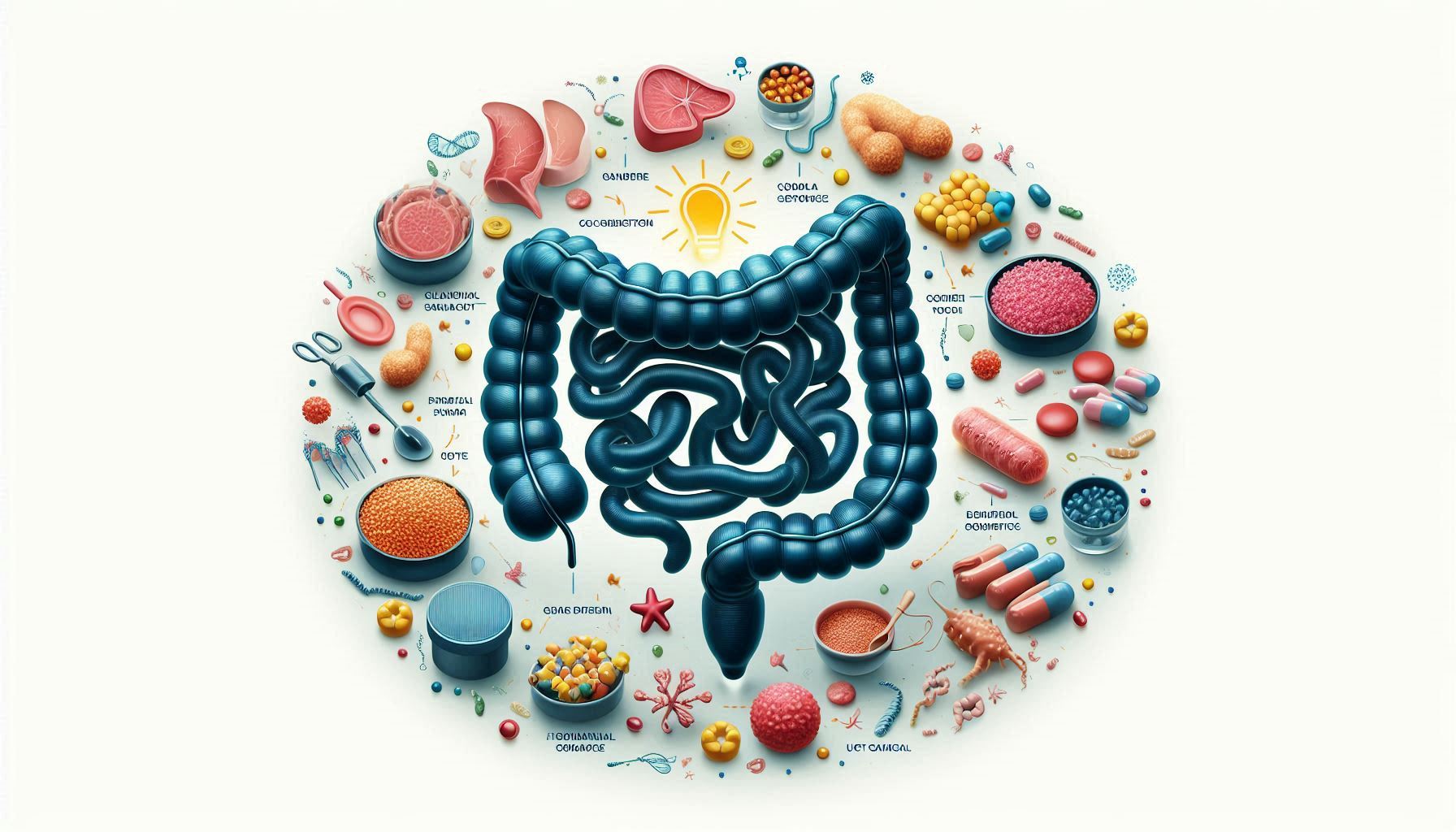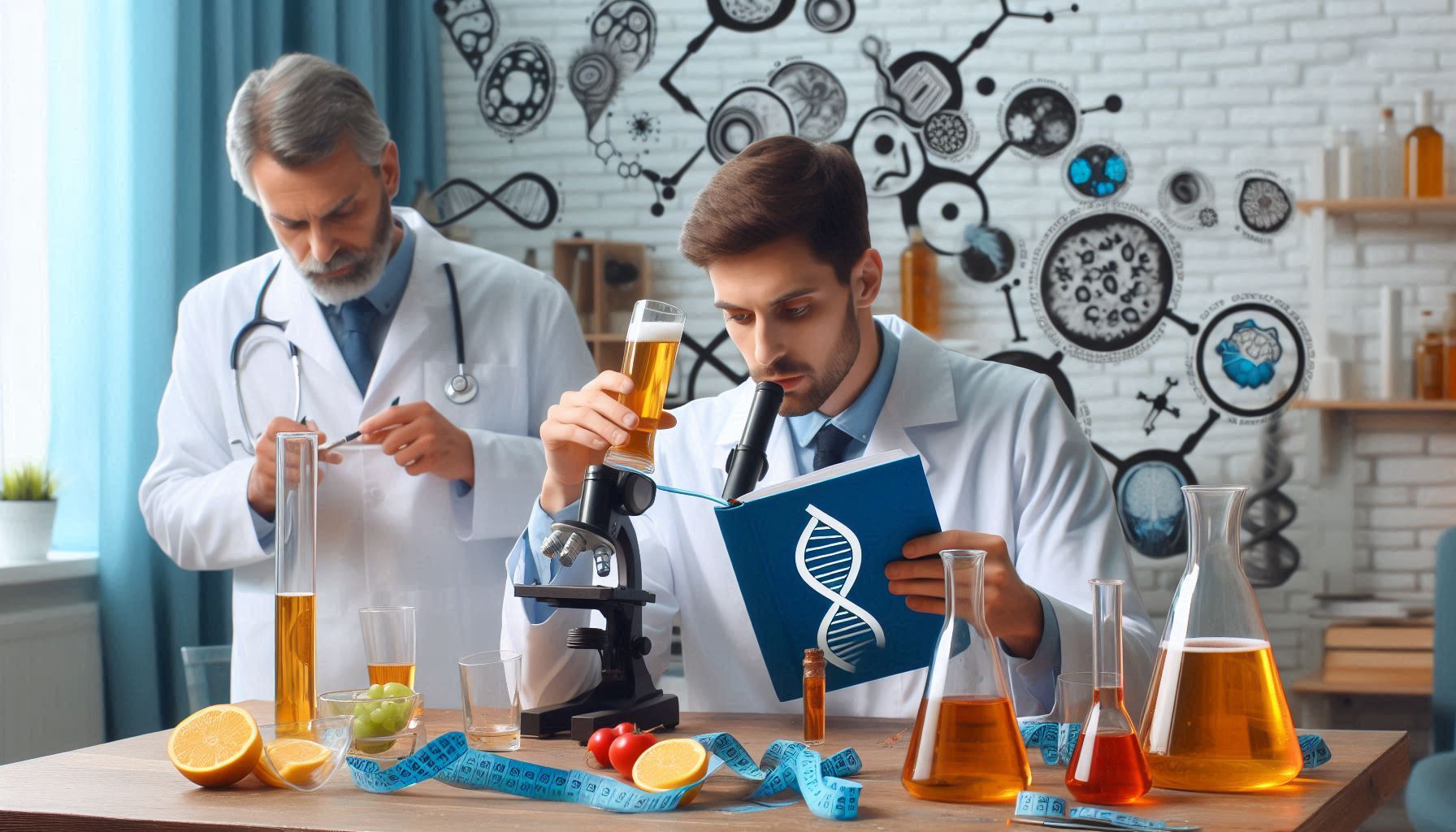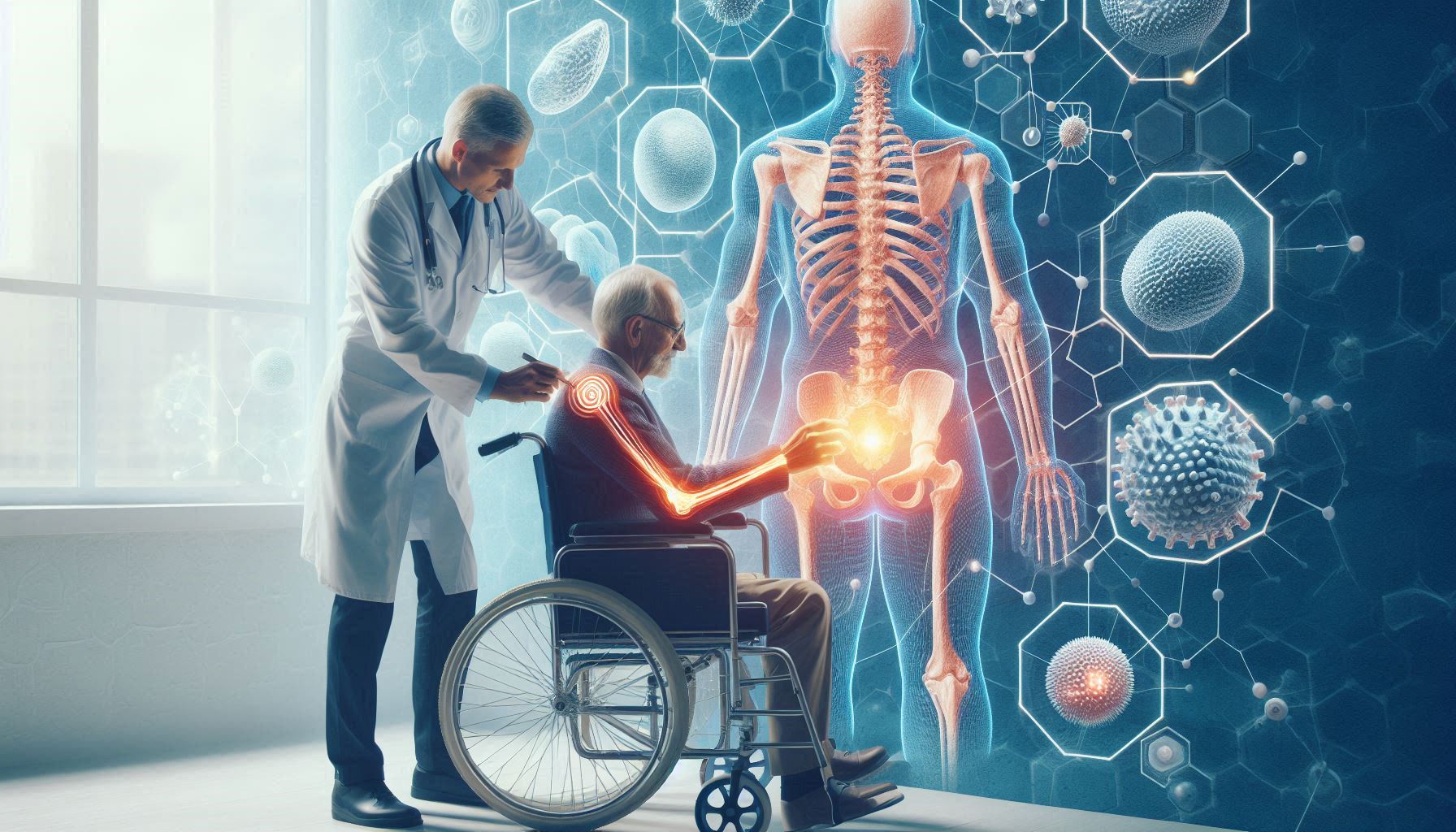Why You Should Care About What’s Living in Your Gut
Colorectal cancer (CRC) is the third most common cancer globally—and the second leading cause of cancer-related deaths. While genetics and lifestyle have long been known contributors, groundbreaking research has just uncovered a silent microbial accomplice: a newly identified strain of Shigella flexneri, dubbed S. flexneri C.11, that may be fueling cancer from within.
The Gut-Cancer Connection Just Got Real
Scientists have discovered that this strain produces agmatine and genotoxic cyclodipeptides (CDPs)—metabolites that damage DNA and trigger inflammation, accelerating the transition from colitis to cancer. Even more alarming? These metabolites activate the ERBB3/PI3K-AKT pathway, a known driver of tumor growth.
But here’s the twist: these bacterial fingerprints can be detected non-invasively in fecal samples, offering a potential early warning system for CRC.
What This Means for You
- Early Detection: Combined testing for S. flexneri C.11 and its metabolites showed an impressive diagnostic accuracy (AUC = 0.887), outperforming traditional screening methods like colonoscopy and fecal occult blood tests.
- New Therapeutic Targets: Blocking the ERBB3/PI3K-AKT pathway could offer new treatment strategies for CRC patients.
- Microbiome Matters: Your gut flora isn’t just about digestion—it could be the key to preventing cancer.
What You Can Do Today
- Get Screened: Ask your doctor about microbiome-based CRC screening options.
- Eat Smart: A fiber-rich diet supports healthy gut bacteria and may reduce inflammation.
- Stay Informed: Follow emerging research on gut health and cancer prevention.
Final Thought
Your gut could be hiding more than indigestion—it might be harboring a cancer-promoting pathogen. With science now offering non-invasive ways to detect these threats early, staying informed could literally save your life.









Leave a Reply